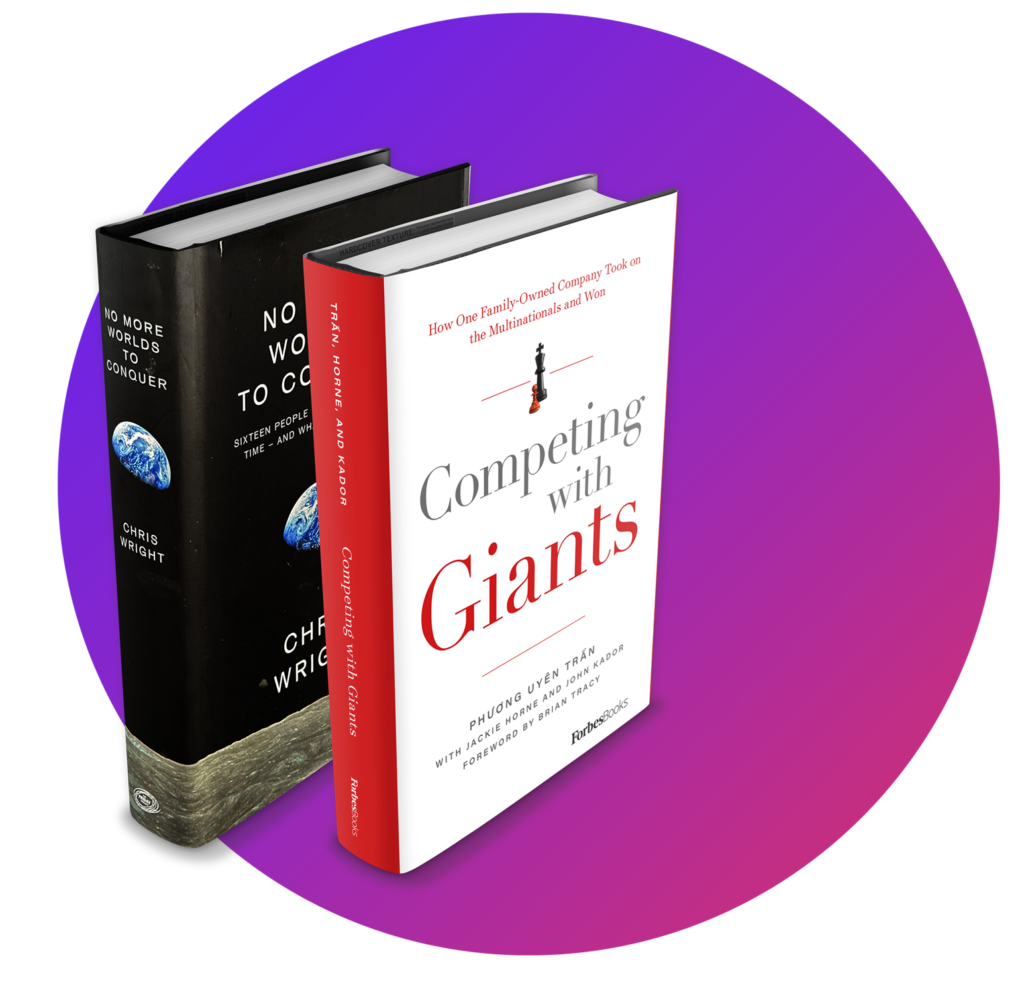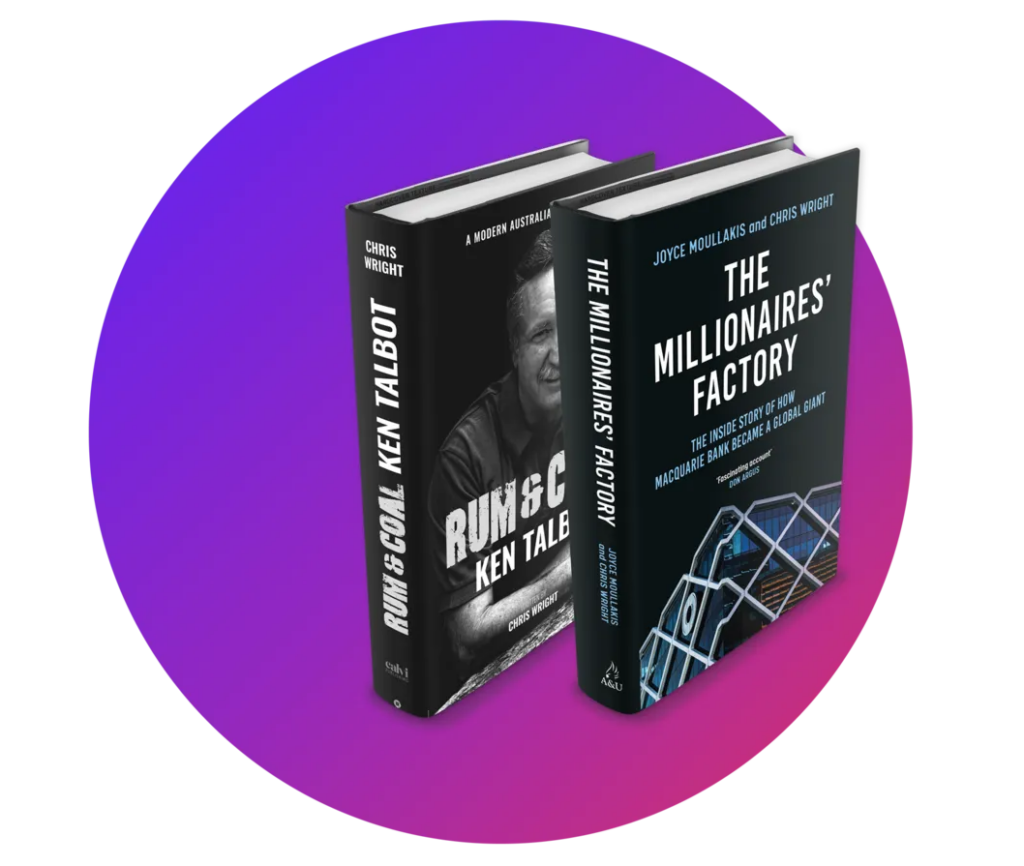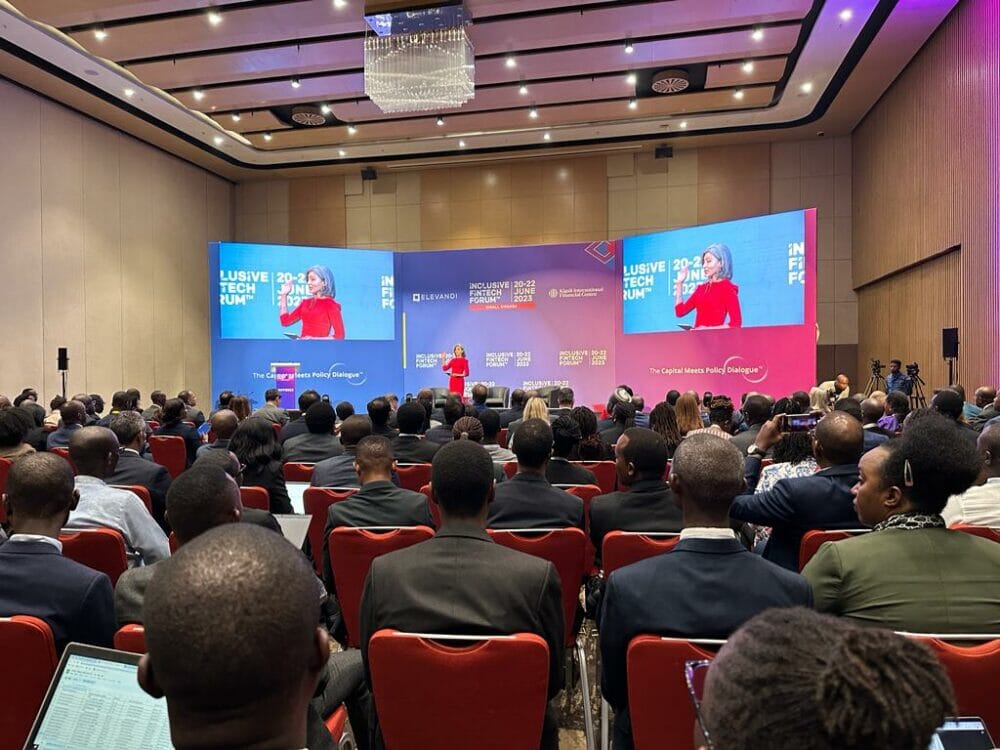Have you got a book in you? Here’s how to unleash it
Even in a time-poor and digital world, there's nothing to compare with the feeling of holding a book – especially if you’ve written it.
It’s quite the sensation. In your hand is a physical object that wouldn’t exist without your mind.
You know, as you hold it, just how much time and effort went into creating it out of the intangible thin air of your research and imagination.
You know how every clause and grammatical choice mattered to you. And you know you have created something that ought to outlive you.
So, it’s easy to see why writers are romantically attached to the idea of books even in an era when you suspect fewer people than ever will read them. Books are the definitive statement, the final word, the authority: when your name is on the spine of one, sitting on the shelves of people’s living rooms, you feel you have said something of substance.
But how do you do it?
There are two approaches: independent and commissioned.
In a truly independent book, the writer says what they want to say, and the only person who can change it is their publisher. Getting that publisher is usually the hard part, and it might never happen.
It requires a patient period of pitching – for a first-time writer it can take years without guarantee of success – and usually some kind of personal relationship is useful just to get your pitch read in the first place. (This is why people hire agents – but even getting the attention of an agent isn’t easy these days).

Then, the writer has to accept that the vision they have is not necessarily the same as the one the publisher has, and finding common ground on that can be challenging. Usually, a publisher will want to see evidence of a fully-formed structure, and one or even three completed draft chapters.
They will also want to see you have the ability to condense the pitch to a paragraph, even a line: the killer selling point that means the book won’t only be interesting but will have a clear constituency who will buy it. If you can’t do that, then you don’t know what your book is, and you shouldn’t start writing it.
Only once you’ve got that deal, and a clearly agreed direction on what the book should be, do you usually start researching and writing it. All my books have been non-fiction, so the next step is rigorous research: The Millionaires’ Factory, a study of Australia’s Macquarie Group, co-written with Joyce Moullakis, involved 130 interviews. Rum & Coal, a biography of the billionaire mining magnate Ken Talbot, had 100.
Tracking down the right people for the book can be the longest part of the whole process. My first book, No More Worlds to Conquer, required only 16 interviews, but mainly of people who weren’t easily located and often didn’t want to be. It took three years.
“To me, writing is the easy bit: you’ve got all your material assembled, you know what you want to say, and so you shut yourself away somewhere (the pandemic was rather handy for this) and just write it.”
Editing, and fact-checking, is harder. It can be excruciating to cut, say, 20% out of your beloved work, and to spend a month going back to cross-check every last number and date in a big manuscript.
And then you press Send.
Probably throughout this time you’ve been sending draft chapters to an eager publisher, so you have a sense whether you’re on the right track. But there’s still a time of nervous exposure when you know someone who matters is reading your work. There will be edits requested, restructurings, perhaps even the lopping out of an entire chapter (I had to cull a 10,000-word chapter on Mahathir Mohamed from No More Worlds to Conquer because he had been so fabulously defamatory about everything and everyone in our interviews. HarperCollins’ legal department had a panic attack. I agreed).
The next stage always takes longer than you think. Getting from an agreed manuscript to a book in your hand is never less than a six-month journey, and often a year or more.
There are rounds of proof-reading, arcane requests for verification, long spells when you’re just waiting for the right time of year for a publisher to think it right to launch (don’t launch a business book before Christmas because you’ll be fighting for attention with celebrity cookbooks and ghosted footballer autobiographies).
There will be marketing commitments, perhaps interviews to give. So, by the time you hold that book, you will have earned the feeling of elation that comes with it.

But I said there are two ways of producing a book. The second is commissioned.
In this instance, a person or institution commissions the author to write a book for them under their guidance. The commissioning person has full control, and usually copyright too: the author, here, is not independent but a contractor.
I’ve done both, and am currently doing it again as a business book ghostwriter. This approach is all about communication and planning: making sure both parties are absolutely clear on direction and goal.
Commissioning somebody like me to write a book for them is not cheap. But it will involve a year of my life, and free a year of yours. And you, the commissioning entity, will know that it will tell your story in the way you want it to be told: you’ll get the final sign-off.
You can also get the credit, as it’s quite routine to commission someone to ghostwrite a book which will appear in someone else’s name, usually the subject of the book. That’s not cheating. The story, the thoughts, the journey, all belong to the person who’s commissioning the book: the ghostwriter just distils and structures it into the most readable possible form.
Fun fact: did you know that the best-selling autobiographies of Prince Harry and Andre Agassi were written by the same ghostwriter, John Moehringer? Their skill is to vanish: to adopt the style of the person in whose name the book will appear.
Commissioning a book doesn’t guarantee it will be published by a global name. You may prefer to contract publish, in which case a third party handles the physical logistics for a fee, and you do your own distribution – perhaps to your clients, for example.
Or you may believe your idea is so good that a leading international publisher will want to take it on and distribute it. Again, I’ve had both experiences.
At Resonate Global, we can help you do this either as bylined authors or business book ghostwriters. We will enable you to tell your story, to fill the pages with the best possible words, and most of all, to help you understand what it feels like to hold that book.






